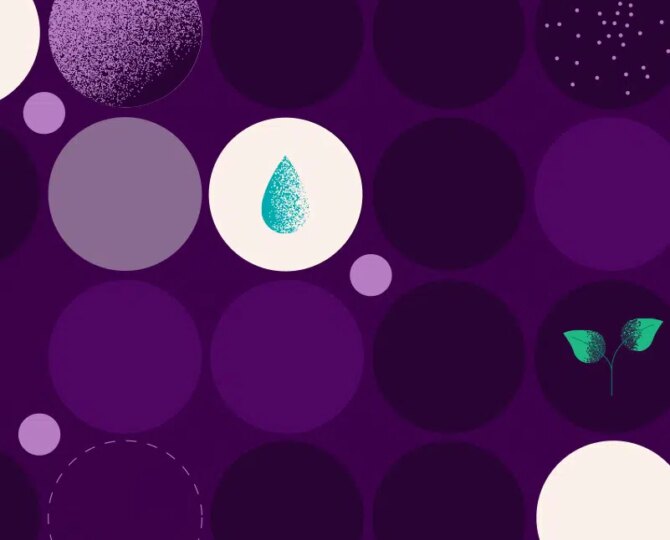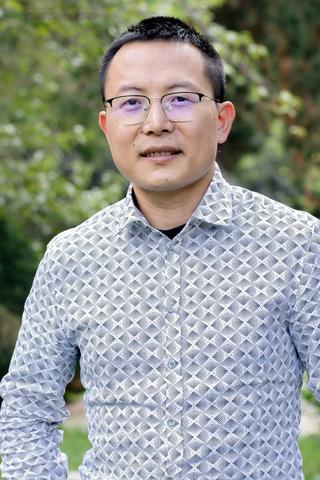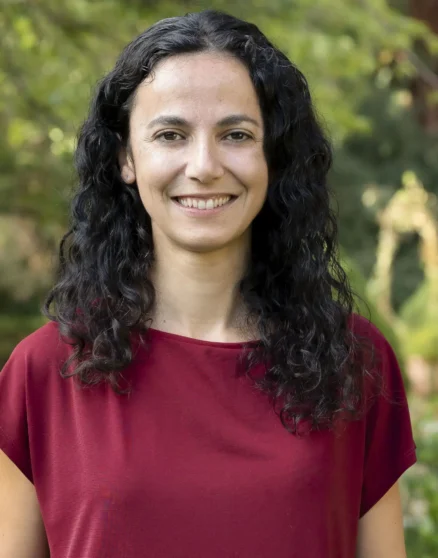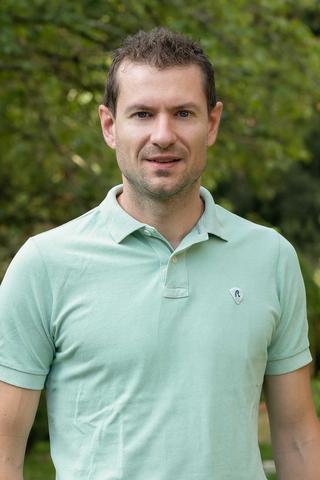
Quantis has been applying our unique left-brain, right to European-level and Swiss research projects for over a decade. Our metrics-based approach and expertise in taking the latest science and making it actionable has positioned us as a leading partner for companies, universities and research institutes in delivering cutting-edge solutions.
To date, Quantis has taken part in dozens of EU-funded research and innovation projects under the 7th Framework Programme (FP7), Horizon 2020 (H2020) and Horizon Europe covering a broad range of sectors and topics.
Interested in partnering on a European project? Reach out to Quantis to learn how our experts can support your journey with tailored guidance and impactful collaboration.
Discover the European projects Quantis is involved in.
Quantis will assess the environmental performance of the novel BioCatPolymers technology and associated end-products by means of environmental Life Cycle Assessment (LCA) compared to conventional technologies. Quantis will also develop a web-based footprinter.
Quantis will assess the environmental performance of the investigated novel technologies and products, compared to reference conventional technologies, by means of a life cycle assessment (LCA).
Quantis will lead the research on adapting environmental life cycle assessment (LCA) to assess the environmental performance of the investigated novel technology for hydrogen production, compared to reference conventional technologies.
Quantis is responsible for assessing the environmental performance of the developed sustainable tyres compared with existing conventional End-of-Life tyre solutions, with the application of environmental Life Cycle Assessment and Circularity Assessment.
Firstly, a new approach will identify genomic variants in regulatory regions functionally associated with drought tolerance. Novel regulatory elements underlying resilience will inform efficient breeding efforts to create new drought-tolerant cereal varieties. Secondly, novel molecular priming technologies from seaweed and microbial-based biostimulants will be developed as an eco-friendly approach for improving drought resilience.
By exploiting natural genetic variations to achieve drought-tolerant genotypes, and by developing biostimulants derived from living organisms, BOOSTER will harness the natural resources available to develop new varieties of drought-tolerant agricultural crops.
Quantis’ will perform an environmental Life Cycle Assessment of the CLEANKER technology as well as guidance recommendations on how to improve the environmental performance of clinker and cement manufacturing. Quantis will also develop a user-friendly, web-based environmental footprinter tool that seeks to raise public awareness of the sustainability of the CLEANKER technology.
Quantis will help integrate footprinting issues in the developed Industrial Symbiosis tool and report on the sustainability gains, in terms of environmental benefits for the process industries and society in general.
Coordinated by Ÿnsect, the FARMŸNG project has the ambition to develop, on an industrial and automated scale, the breeding and transformation of insects for the production of ingredients, with the strong participation of 20 key actors all along the value chain, from the feedstock supply to the final insect transformation.
Quantis will assess the life cycle sustainability performance of the innovative insect-based proteins by means of environmental Life Cycle Assessment (LCA), LCC and social LCA, setting other alternative protein sources for pet-food and aqua-food applications as a baseline.
Quantis will guide the design and development of the investigated value chains towards more sustainable solutions, benchmark the investigated technology against alternative fuel technologies (including competitive biofuels), and help future suppliers and customers make more informed decisions.
Glaukos will develop eco-designed fishing gear and clothing, and scale up their production process, all the way from renewable feedstock to textile prototype and ending with two end-of-life solutions: biodegradation and bio-recycling.
Quantis will provide life cycle assessment (LCA) and Life Cycle Costing (LCC) analysis during Work Package 3, with the aim of evaluating the life cycle environmental and cost performance of the developed building technologies and technical systems, taking into account the possible and targeted synergies among the various components.
Quantis will assess the environmental performance of the investigated novel hydrogen production technology, compared to reference conventional technologies, by means of environmental life cycle assessment (LCA).
Building upon its expertise and experience in the cement sector, Quantis will assess the environmental performance of the developed novel cement technology and how it compares to conventional technologies, thereby helping to minimise the environmental risks prior to the final design.
Quantis will assess the environmental performance of the innovative advanced materials by means of environmental Life Cycle Assessment, compared to current technologies for pre- and post-combustion CO2 capture. To demonstrate and disseminate the sustainability performance of the MEMBER technology, Quantis will develop and maintain a web-based footprint tool based on the results of the conducted LCA.
Quantis will assess the environmental and economic performance of the investigated novel ethylene production technology, compared to reference conventional technologies, by means of environmental life cycle assessment (LCA) and life cycle costing (LCC).
Quantis will evaluate the environmental performance of the developed recycled MMA and associated value chain, and compare it to virgin MMA for selected applications.
Quantis is responsible for assessing the environmental performance of the developed novel bio-based plastics compared with existing conventional packaging solutions, by means of environmental Life Cycle Assessment.
By reducing manufacturing costs and using second-generation feedstocks such as hardwood sugars produced from sustainably managed forests, NEXT-STEP aims to develop a new chemical platform, the 3-methyl-d-valerolactone (3MdVL) that will improve the sustainability and recyclability of polyurethane (PU) products and unlock new engineering plastic applications for polylactic acid (PLA) co-polymers. This initiative seeks to address environmental concerns while fostering the adoption of bio-based materials in various industries.
Quantis will harness its expertise in environmental Life Cycle Assessment to evaluate the environmental impact of the reference refurbishment work database. Quantis will also provide validation for the developed LCA module and the calculation of the environmental impacts of the selected refurbishment scenarios.
Quantis will evaluate the environmental and cost performance of the investigated novel textile recycling value chain by means of life cycle assessment (LCA) and life cycle costing (LCC).
Quantis will evaluate the potential benefits of synergies, taking into consideration key environmental indicators such as GHG emissions, non-renewable primary energy use, and fresh water consumption. Quantis will also provide database development, support on social Life Cycle Assessment, and knowledge and data management.
Building upon the expertise in life cycle assessment (LCA) and renewable technologies, Quantis is leading the environmental LCA assessment to evaluate the innovative SCARABEUS technology for CSP application with the objectives to (i) inform the key environmental performance indicator of the SCARABEUS technology development; (ii) to guide the development of the technology towards a more sustainable solution; (iii) to benchmark the SCARABEUS technology against alternative conventional and state of the art technologies.
Pilot processes will be developed for the innovative extraction, separation and transformation of rare earth elements that will be supplied to application areas like automotive (electric vehicles), industrial motors (advanced manufacturing) and, potentially, clean energies (wind turbines).
Quantis will evaluate the environmental and cost performance of the investigated novel Rare Earth Elements value chain, compared to compared to reference conventional technologies, by means of life cycle assessment (LCA) and life cycle costing (LCC).
Quantis will lead the project’s techno-economic and environmental assessments, using tools such as Life Cycle Assessment and Life Cycle Costing, the results of which will be used to guide the design and development of the investigated electrochemical process towards more sustainable solutions. Quantis will also contribute to communication and dissemination efforts by developing visual tools to communicate about the environmental results to the larger public in an accessible way.
Quantis will be assessing the environmental performance of the developed novel engineered enzymes for selected applications by means of environmental Life Cycle Assessment (LCA), compared to existing conventional and state-of-the art solutions for the same application.
Quantis will perform a literature review of environmental indicators considered in related bio-based products studies and come up with a selection of strategic environmental sustainability indicators and associated impact categories. Quantis will also contribute to the environmental assessment of biomass processing schemes in a number of reference case studies.
Creating a circular system for post-consumer textile waste currently faces many challenges, including a lack of standards for collecting and sorting textile waste across countries, inaccurate composition claims, uneven quality of materials, and a lack of reliable data across value chain stakeholders.
Across a three-year period, the T–REX Project will collect and sort household textile waste and demonstrate the full recycling process of polyester, polyamide 6, and cellulosic materials from textile waste into new garments. Simultaneously, the Project aims to demonstrate sustainable and economically feasible business models for each actor along the value chain, conduct lifecycle analysis of the circular process, integrate digital tools that streamline the process of closed loop textile recycling, and produce circular design guidelines.
The project ultimately aims to contribute to a paradigm shift, understanding and identifying the infrastructure, technology and policy needed to encourage the growth of circular value chains. It will work towards developing a systemic approach to addressing the problem of textile waste, whilst also assessing how citizens can be empowered to actively contribute to the paradigm shift, working to build a holistic solution to one of fashion’s biggest sustainability challenges.
Building upon it expertise and experience in biorefineries added-value products derived from biomass, Quantis will assess the life-cycle environmental impacts of various lignin conversion/valorisation pathways, and compare their environmental performance to that of conventional alternative technologies.
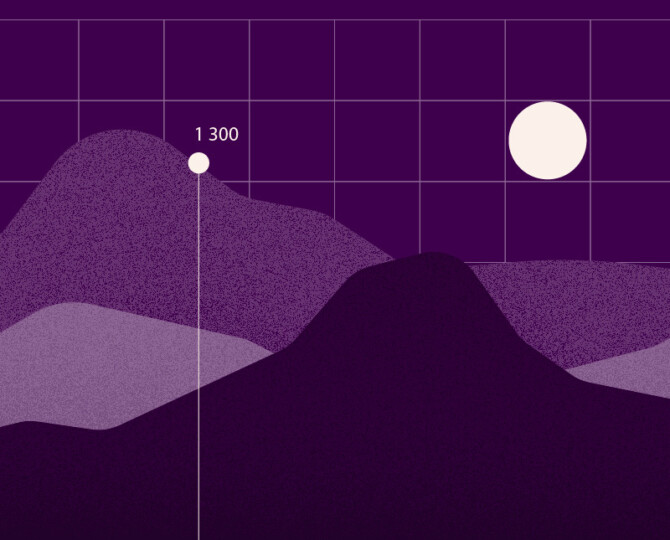
Quantis experts
We’re your full-service partner for the transformational journey. Our strategic advisors are equipped to guide you at every point along the way.
